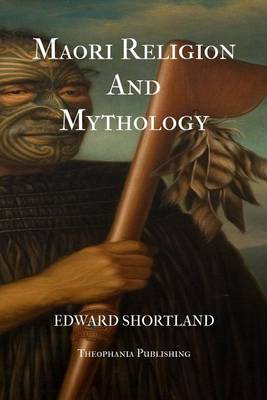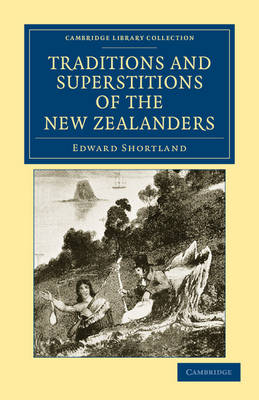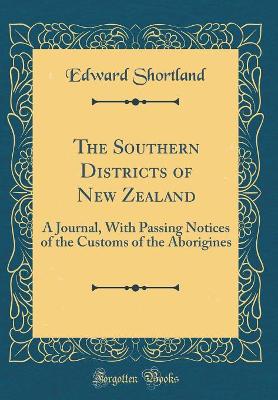Cambridge Library Collection - Anthropology
3 total works
First published in 1882, Edward Shortland's study is an important account of Maori mythology, religion and concepts of authority. Shortland (1812-93), an English-born physician and ethnographer, first arrived in New Zealand in 1841 to work for the newly formed colonial government. He later served as a government interpreter, Sub-Protector of Aborigines, and Native Secretary during his time in New Zealand and spent much of his career interacting with Maori. This concise book is the result of years of careful research into Maori beliefs and customs, based on narratives and songs dictated to Shortland, or written down for him to translate. It includes a particularly detailed account of Maori cosmogony, lists of Maori vocabulary relating to kinship and to the spirit world, several karakia (prayers) and extensive notes on the naming and claiming of land and the Maori understanding of land tenure.
This historical and anthropological account of the Maori of New Zealand was published in 1854 by the English physician and colonial administrator Edward Shortland (1812–93). Shortland was deeply interested in Maori culture, learned the language, and wrote ethnographic studies including The Southern Districts of New Zealand (1851) and Maori Religion and Mythology (1882), also included in this series. In various roles including 'Protector of Aborigines', he often served as interpreter, and played an active role in mediating not only between Europeans and Maori, but between different Maori factions. Unlike many of his contemporaries, Shortland's approach was to interact with the Maori rather than merely observe them. In this book, Shortland often cites named Maori individuals as his sources, which makes his treatment of topics such as tapu, land tenure and rites of passage distinctive. He also covers Maori cosmology and origin narratives, genealogies, education, proverbs, songs and spells.
The physician and ethnographer Edward Shortland (1812-93) first travelled to New Zealand in 1841, a year after the Treaty of Waitangi. He became private secretary to Governor William Hobson, and quickly learned the Maori language. First published in 1851, this book describes Shortland's experiences on the east coast of New Zealand's South Island while conducting a census of the local Maori settlements in 1843. It documents South Island Maori myths, traditions and everyday life, and includes genealogical tables and a short word-list of the local dialect. It also describes a French Company agent at Akaroa reporting the successful introduction of French vines, the Scottish settlement at Dunedin, and the productivity of several whaling stations. Shortland reminds prospective settlers of the importance of understanding the 'ideas and prejudices' of the Maori, whose many qualities including 'natural bravery and love of freedom' guarantee them continuing 'political weight in their own country'.


